In recent times, several car manufacturers, including Ford, General Motors, and Rivian, have made the decision to embrace Tesla's North American Charging Standard (NACS) adapter. However, Lucid CEO Peter Rawlinson believes this move might not be in their best interest. Despite his previous involvement in designing the NACS connector during his tenure as the chief engineer for Tesla's Model S, Rawlinson expressed reservations about the widespread adoption of the NACS. According to Bloomberg, Rawlinson stated, "It's just a plug. What we're really comparing is, is it a screw cap or is it a cork on the bottle, not the quality of the wine. It's rather bizarre."

Rawlinson's concerns are not merely a result of rivalry between Lucid and Tesla. He openly acknowledges that Tesla possesses a superior charging network and admits that Lucid will likely adopt the NACS in the future. However, Rawlinson believes that the terms of Lucid's adoption should be carefully considered. SAE International, the organization responsible for standardizing the NACS, recently initiated the standardization process. This process entails the analysis of substantial consumer data, including payment information and driving habits. Rawlinson suggests that adopting the NACS before SAE approval may be premature.
Also Read: Amazon to Deploy Rivian Electric Vans in Germany
Rawlinson further commented, "If you've got the most advanced technology in the world, you're a bit reluctant to resist that," referring to Lucid's Air, renowned for its unparalleled charging speeds. He added, "If you haven't got the most advanced technology in the world, you're not really incentivized to tread that warily." Rawlinson's concern extends beyond the adoption of a specific charging standard; he worries about data ownership and the potential lack of an open and impartial standard. He emphasized the importance of genuinely open-sourcing the data and expressed concern over a single company having access to extensive consumer data.
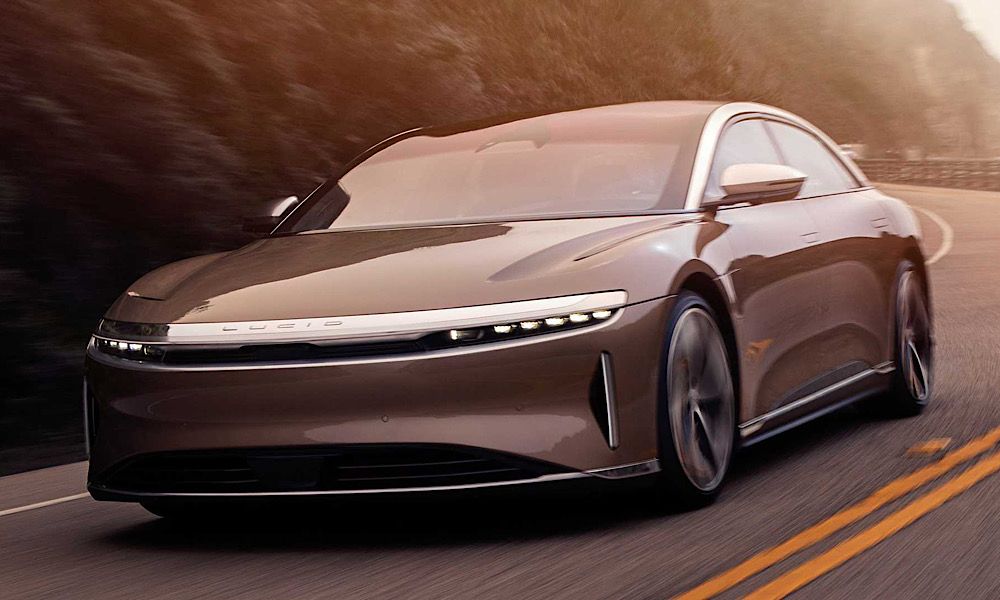
There are additional aspects to consider in this context. While the government is heavily investing in the electrification of American highways and the installation of chargers in remote areas, Rawlinson believes that federal funding earmarked for enhancing charging infrastructure should be redirected to support slower overnight charging when grid demand is low. His reasoning stems from the belief that EV owners, in addition to valuing environmental consciousness, also desire power stations to operate evenly throughout the day rather than exacerbating the strain on the grid during peak hours. Rawlinson's concerns align with the State of California's recommendation to avoid charging EVs during peak times, which was issued last year.

Despite recognizing the exceptional technology developed by Lucid, Rawlinson urges careful consideration of these concerns. He emphasizes the need for a universally applicable and open charging standard, especially considering the involvement of taxpayer money. Rawlinson's final statement to Bloomberg encapsulated his perspective, saying, "What matters is that there is a standard that everyone can use, that it's an open standard, and given there is taxpayer money involved, that it's future-proof and reliable."
Also Read: Volvo Cars Partners with Tesla, For Access to Supercharger Network
In conclusion, while Lucid acknowledges the excellence of its technology and anticipates attracting other automakers, Rawlinson's reservations regarding the NACS adoption should not be dismissed. His concerns revolve around ensuring that the charging standard benefits all-electric vehicles consistently.
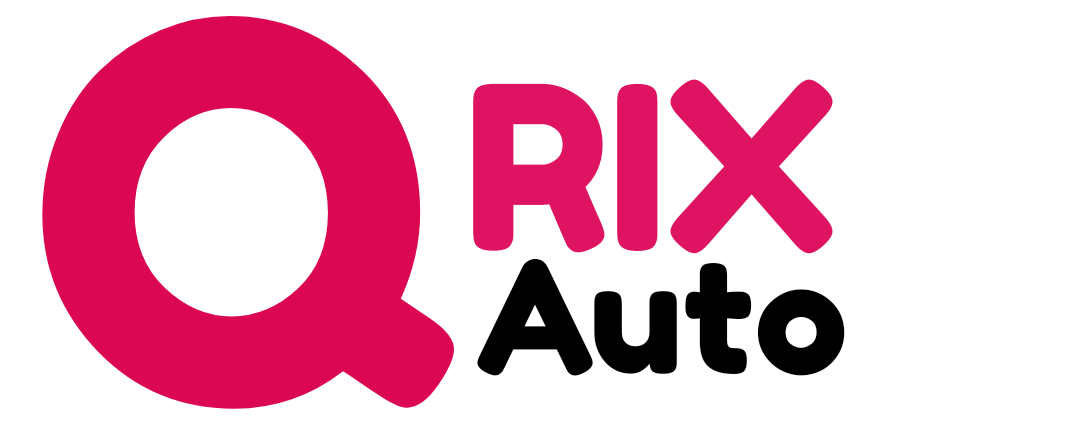
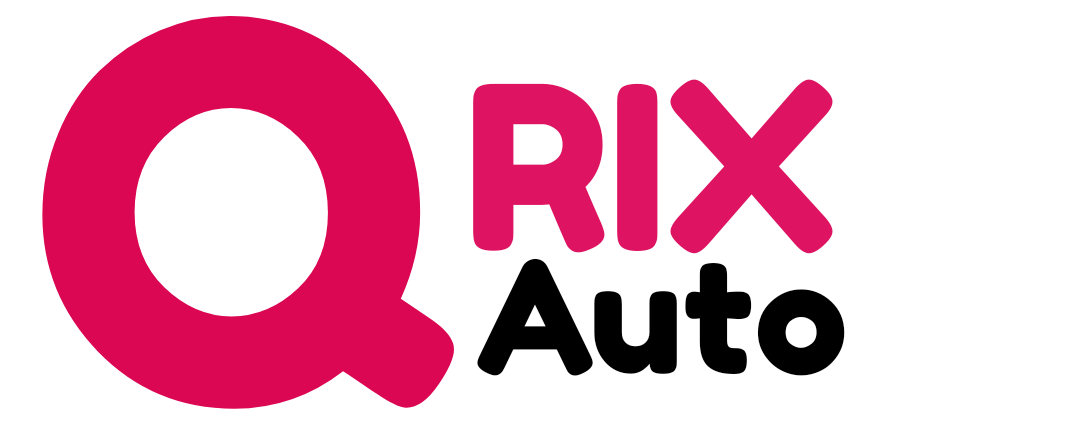 10 months ago
42
10 months ago
42

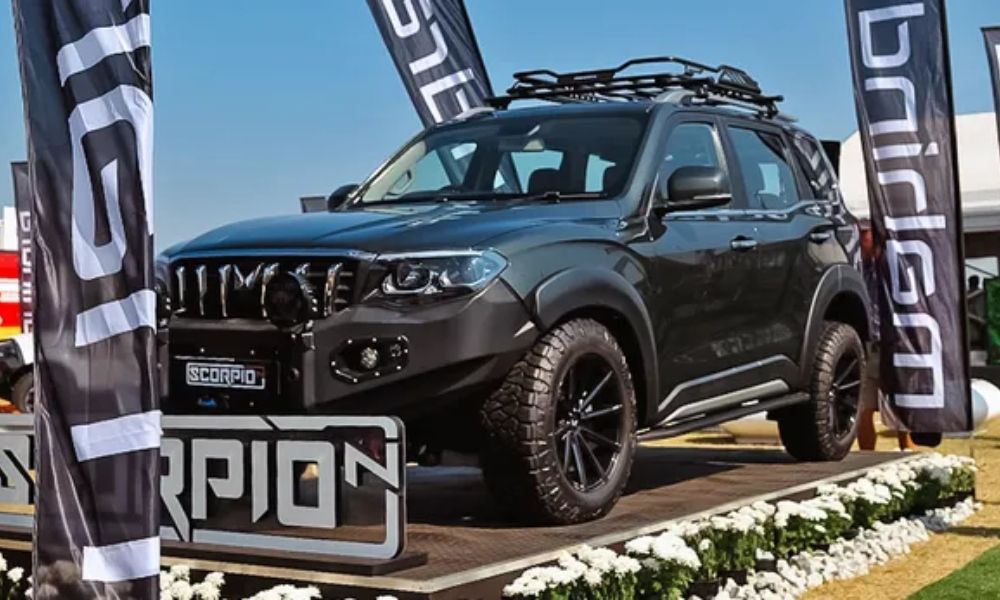

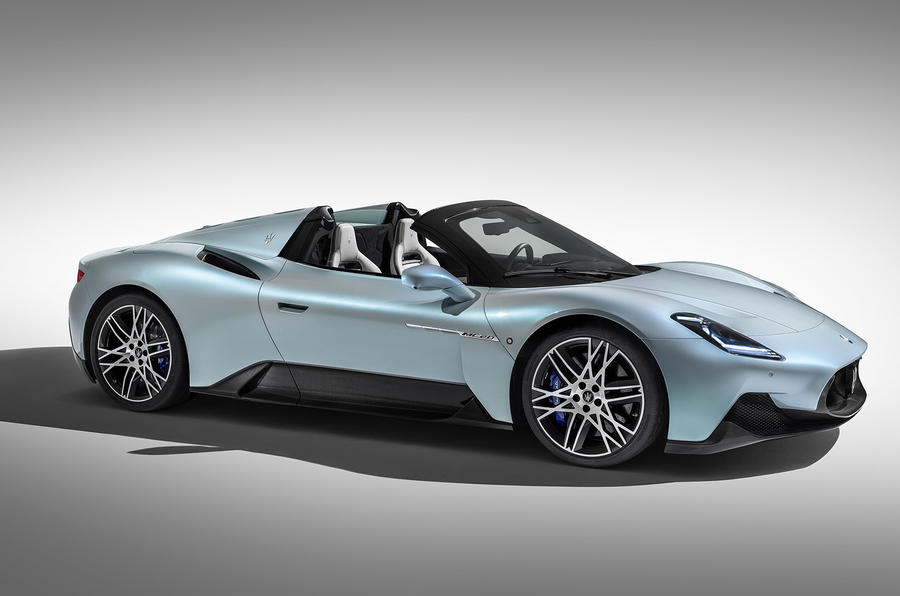




 English (US)
English (US)